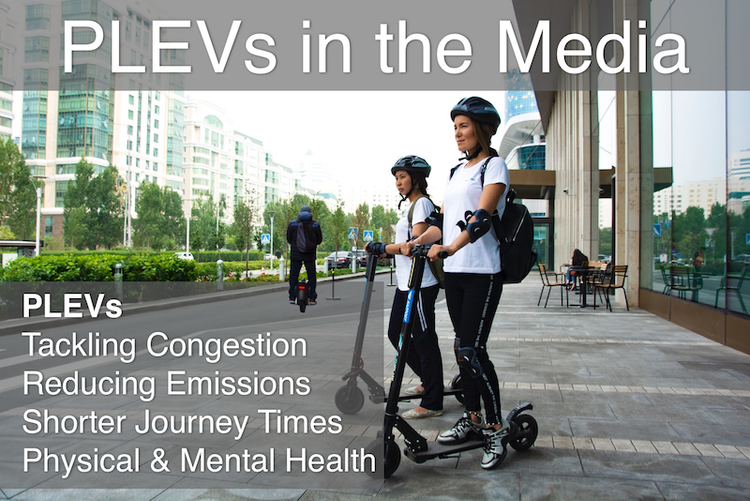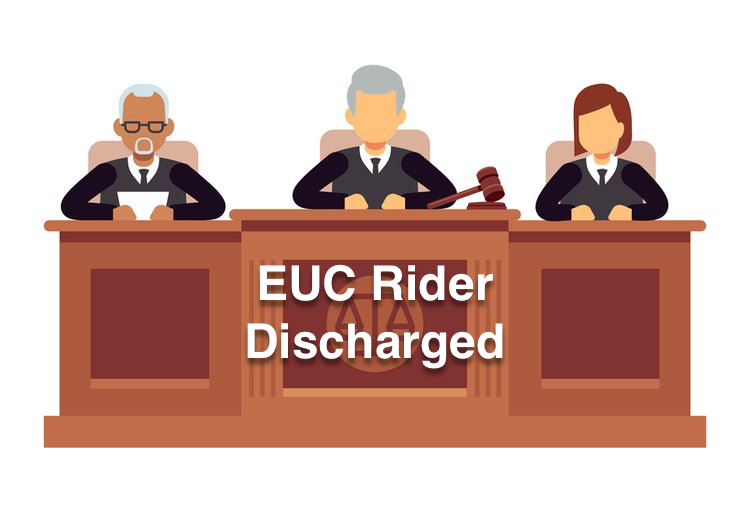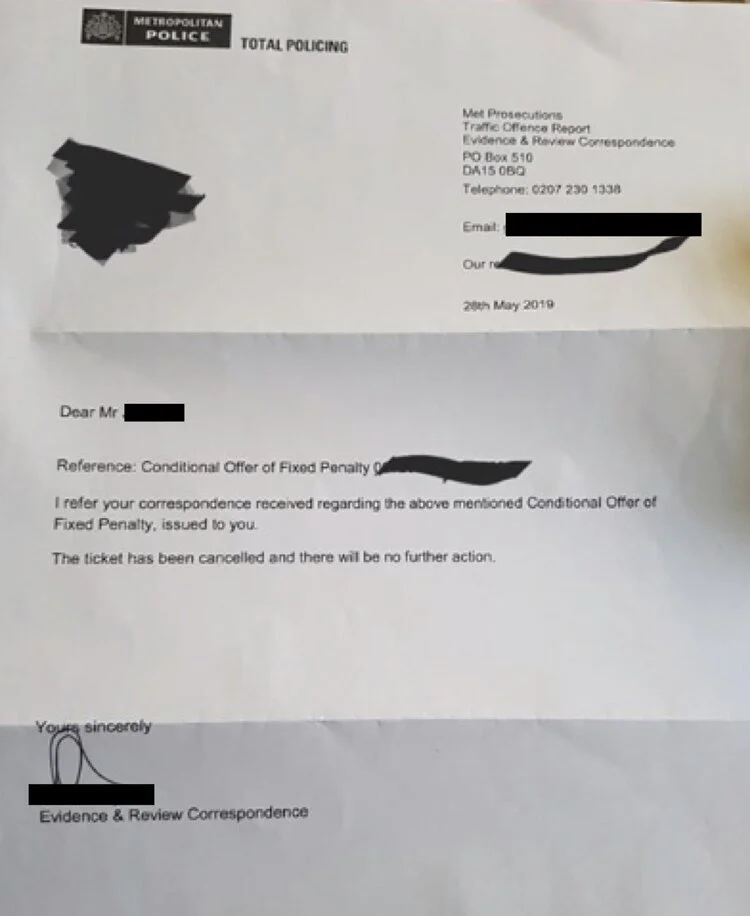Parisians have voted to ban rental electric scooters in their city, with almost 90% of votes in favor of the ban. This decision comes as a victory for road safety campaigners but a blow to scooter operators.

Privately owned electric scooters were excluded from the vote.
Despite the benefits of privately owned electric scooters, the decision to ban rental scooters in Paris comes after a rising number of accidents involving e-scooters. Critics argued that rental scooters caused more harm than good, with riders often not wearing helmets and children as young as 12 able to hire them.
Paris Mayor Anne Hidalgo called the referendum, allowing voters to decide on the fate of rental e-scooters in the city. The three main operators – Lime, Dott, and Tier – attempted to sway the vote by offering free rides on voting day and urging people to vote in their favor through social media.
While Parisians have voted to ban rental electric scooters, privately owned electric scooters remain unaffected. These privately owned scooters provide numerous benefits, such as increased safety, accessibility, sustainability, and cost-effectiveness.
Benefits of Privately Owned Electric Scooters
Privately owned electric scooters offer several advantages over rental electric scooters:
Safety: Owners of private scooters are more likely to use their scooters responsibly, reducing reckless driving and weaving through traffic. They may also be more inclined to wear helmets, increasing safety.
Accessibility: Private scooters are always accessible to their owners, eliminating the need to search for rental scooters or rely on their availability.
Sustainability: Privately owned scooters contribute to reducing the number of abandoned or improperly parked rental scooters that clutter pavements and public spaces.
Cost-effectiveness: Owning an electric scooter can be more economical in the long run, as there are no recurring rental fees.
CLICK HERE for Original BBC Article

















